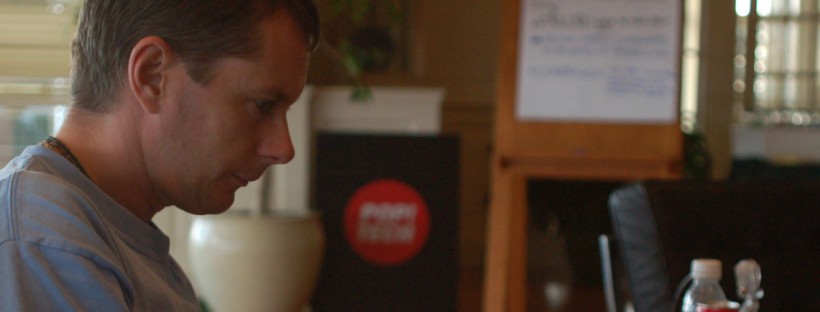International press interest may be on the wane following the heady heights of recent months, but the daily struggle continues for millions of people living in Zimbabwe. An inflation rate of over two million percent – usually a leading headline in itself – merely serves as a backdrop to the political maneuvering taking place following the recent flawed presidential ‘elections’.
It would be all too easy for people to lose hope, particularly in such a dis-empowering and disenfranchising environment dominated by fear, government harassment and a largely state controlled media which pushes out its own unique version of the truth. Freedom of speech is only freedom of speech when it comes with freedom from fear, something that many people don’t yet have.

But hope, it turns out, is one of the few things many people still do have, and freedom of speech has found an ally in the humble mobile phone. I recently blogged about the use of mobile phones during the ongoing troubles, and highlighted the work of Kubatana.net, a grassroots organisation who have been pioneering the use of mobile technology in civil society work. Since 2005, Kubatana have been using a combination of kiwanja‘s FrontlineSMS platform, and a couple of other custom applications developed around the technology. Kubatana continue to use it, and continue to reach out to everyday Zimbabweans through the mobile channel – one of only a few available to them.
Back in April, at the height of the troubles, Kubatana asked everyday Zimbabweans: “What would you like a free Zimbabwe to look like?”. Zimbabweans answered the call through their mobile phones, texting in their hopes for the future. Many people said that the question gave them hope in uncertain times.
Last week, while doubts lingered over the newly signed MDC/Zanu-PF deal, Kubatana reached out again to their SMS subscribers, asking them: “Kubatana! ZPF and both MDCs agree to talk to resolve crisis. Send yr thoughts on this & give us yr postal or email addr if u want a copy of their agreement”. Zimbabweans responded with a range of comments and opinions, including:
The talks is good but MDC must be very clever – Zanu PF wants to swallow the MDC
Yes it’s a brilliant idea which shall help end crisis, poverty and all tribulations in Zimbabwe united we stand divided we fall Tsvangirai showed qualities of being a leader by agreeing to talk
Free and fair elections tomorrow with international observers!
It is long over due but we want justice
May be worth the effort but MDC must keep their eyes open. You can’t trust these guys. I agree with Tsvangirai that people have suffered enough
I believe it’s a good idea if they can reason together in order to solve this crisis. But they must recognise the results of the election done on 29 March
We don’t need masters, colonial or nationalist. We want public servants. So respect our votes of March 29. You asked for them
That’s better because we are suffering. We are stuck and something must be done to save the lives of Zimbabweans
The talks are okay but Mugabe must not lead the government & must step down
For as long as it is something that will result in the fulfilment of our wishes and solve our problems no hard feelings
I think it is a very bad idea for ZPF and MDCs to talk coz they are like water and oil as far as policies are concerned. What happened to ZAPU when it merged with ZPF? I dnt approve of the talks unless they start on the March 29 election which means MDC T would be the winner
No problem as long as the talks result in the formation of transitional authority & fresh, free & fair run-off being conducted thereafter
The talks are very important but MDC must not at all accept a gvt of national unity. They must go 4 a transitional gvt and pave way 4 fresh elections. Zanu PF plans 2 destroy MDC just as they did to ZAPU
In addition to direct comments and opinions, over 300 requests came in for the document to be posted to people, and over 200 for it to be emailed. This, according to Kubatana, is a small indication of just how starved most Zimbabweans are for news about their own country.
The numbers may not yet be huge, but mobiles are certainly beginning to make their mark.


 One of the most active users is
One of the most active users is  Finally,
Finally, 